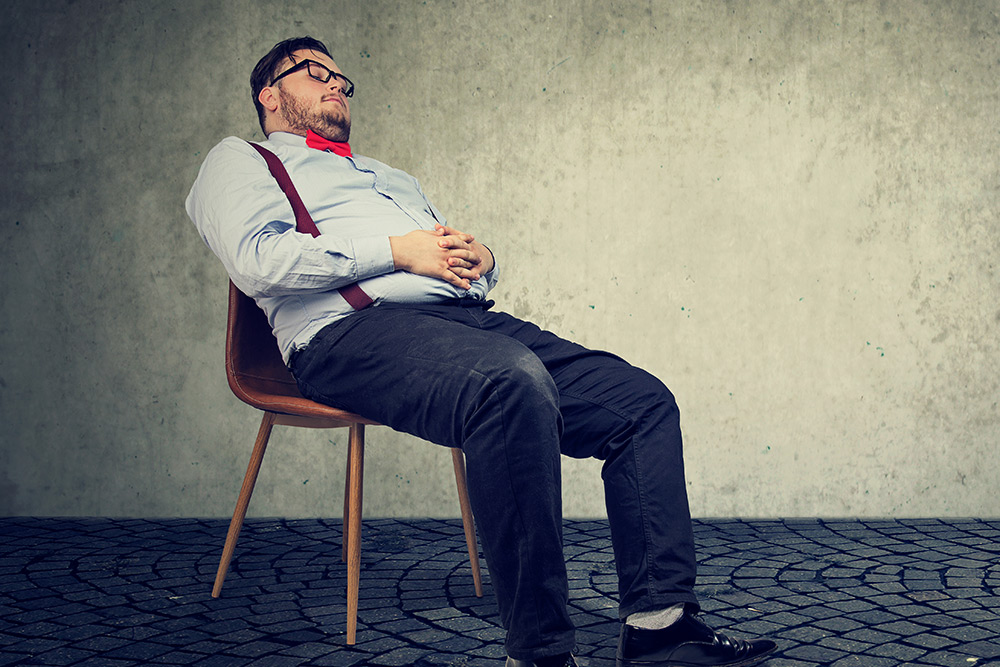What Is Eosinophilic Ileitis?
Eosinophilic ileitis is a rare inflammatory condition in which eosinophils (a type of white blood cell) accumulate in the ileum, the last segment of the small intestine. This buildup leads to swelling, abdominal pain, cramping, and digestive disturbances.
Common Causes and Risk Factors
- Food allergies or sensitivities (eggs, dairy, soy, nuts)
- Family history of eosinophilic gastrointestinal disorders
- Underlying autoimmune conditions
- Environmental triggers (pollutants, seasonal allergens)
- Certain medications that can provoke immune reactions
Common Symptoms
- Pain or tenderness in the lower right abdomen
- Cramping or discomfort shortly after eating
- Persistent diarrhea or loose stools
- Unexplained weight loss and poor appetite
- Bloating, gas, and a feeling of fullness
- Fatigue and weakness due to malabsorption
How Dr. Rishi Diagnoses Eosinophilic Ileitis?
Dr. Rishi follows a step-by-step approach:
Medical History and Physical Exam
He reviews your symptom timeline, dietary habits, allergy history, and family gut health, then performs a focused abdominal exam.
Blood Tests
We measure eosinophil counts and markers of inflammation to look for immune system activity.
Stool Studies
Your stool is analyzed to rule out infections and assess digestive function.
Imaging Studies
- CT scan pinpoints areas of intestinal swelling and thickening.
- MRI enterography offers high-resolution images of the small bowel.
Endoscopy with Biopsy
A minimally invasive endoscopy lets Dr. Rishi view the ileum directly and collect tissue samples to confirm eosinophil infiltration.
Frequently Asked Questions
What causes eosinophilic ileitis?
Usually food allergies or immune system issues. Genes and environment can also play a role.
Is eosinophilic ileitis common in Houston?
It's rare overall but seen more often here due to high allergy exposure.
When will I feel better?
Most patients start improving in 2-4 weeks with the right diet and medication plan.
Does endoscopy hurt?
No. You'll be gently sedated and wake up comfortably with little to no memory of the procedure.
Can children get eosinophilic ileitis?
Yes. Dr. Chadha treats both pediatric and adult patients with this condition.
Will I need surgery?
Very few patients do. Most improve with diet changes, meds, or endoscopic treatment.
Do I have to give up dairy forever?
Not always. Dr. Chadha will guide you through testing to identify and avoid only your specific triggers.
Are there support groups?
Yes. Our clinic can connect you with local and online groups for eosinophilic gastrointestinal disorders.
Can I diagnose this at home?
No. Accurate diagnosis requires specialized blood tests, imaging, and often biopsy by a GI specialist.
Where can I learn more?
Visit the Mayo Clinic page: https://www.mayoclinic.org/











